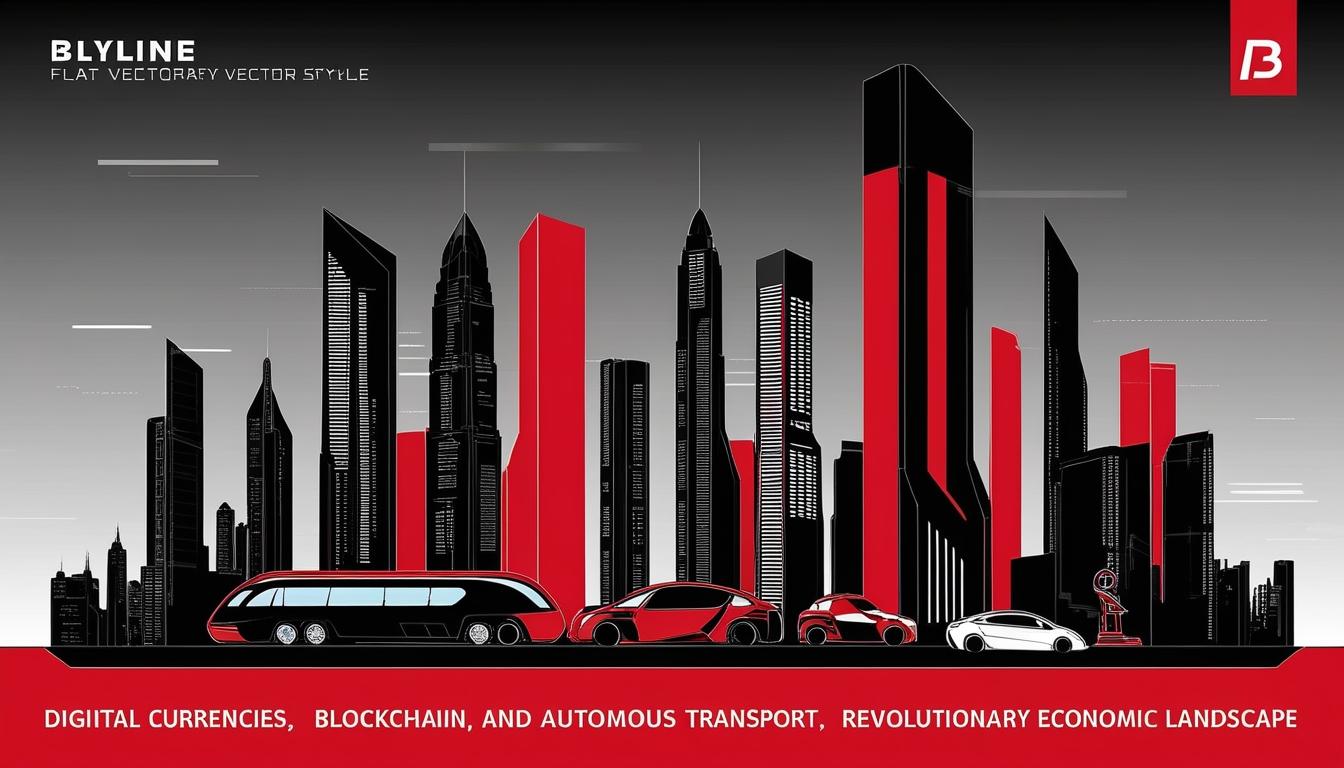Senior legal advisers from prominent multi-billion-dollar companies have shared insights into anticipated global trends poised to transform industries over the coming decades. A recent survey conducted by the international law firm Simmons & Simmons targeted 500 legal heads from various business sectors, including technology, financial services, and telecommunications, focusing on expectations for the year 2050 and beyond.
The findings reveal a significant expectation for a 'banking revolution,' with 64% of respondents anticipating that digital currencies and blockchain technology will lead to a seamless financial system that enhances international trade, cooperation, and overall prosperity. Alongside this, 58% of participants expressed confidence in the feasibility of utilising biometric data as currency, and 52% believed that artificial intelligence (AI) could play a role in global policymaking in the future.
In the United Kingdom, 53% of respondents were particularly drawn to the concept of ‘fiscal fusion.’ This term refers to a future in which the integration of regulations would render financial markets more transparent, resilient, and inclusive, thereby facilitating investments in markets that have historically been inaccessible. Additionally, the idea of decentralised identity networks—where blockchain technology secures personal data and transaction processes—was similarly attractive, with 53% of participants globally supporting its potential.
The concept of predictive commuting also garnered attention, with 50% of respondents agreeing that governments could track commuting habits and utilise autonomous vehicles to enhance traffic management and optimise transportation networks. Furthermore, around 55% of participants expressed belief in a future dominated by smart digital ecosystems governing critical resources such as water, electricity, and food. An impressive 63% agreed with the notion of a ‘clean water revolution,’ which would involve the application of purification and desalination technologies to address and eliminate water scarcity.
Conversely, concerns were raised regarding dependence on AI for environmental management, with 62% of respondents wary of this reliance. Additionally, 57% anticipate that zero-waste societies may emerge as a standard practice. In this context, UK respondents were notably more convinced by the clean water revolution, with 65% expressing confidence, whereas Asian participants display the highest acceptance of zero-waste communities, at 64%. European respondents were the most supportive of AI’s potential role in environmental management at 71%.
Julian Taylor, senior partner at Simmons & Simmons, commented on the survey results, stating, “Our future-facing survey reveals that many global businesses regard their industries as on the verge of being reshaped and upended by rapidly advancing technological developments.” He noted that while legal heads of leading companies demonstrate optimism regarding the ability to harness technology for enhanced global outcomes—particularly in areas such as finance, the environment, and healthcare—there remains caution regarding potential legal implications. “Common across all industries is the concern about the implications for data protection, privacy and security. For their positive outlook on the future to be realised, businesses must ensure they are well-equipped to deal with these looming legal risks,” he added.
The research highlights pivotal shifts on the horizon for various industries, underscoring a blend of optimism about technological advancements and a recognition of the need for diligent legal preparedness to navigate the complexities that may arise.
Source: Noah Wire Services
